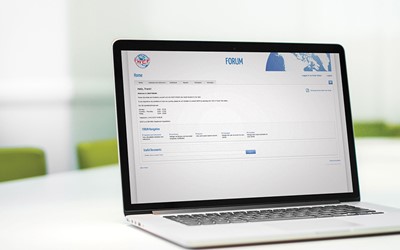Home / Digital Learning Platforms / Open Badges Compliant Digital Badges - eNetBadges
Easily Create, Issue and Manage Digital Badges with eNetBadges
Issue verifiable badges to acknowledge a person's credentials, abilities, experiences and competencies - and to recognise and reward learning and achievement.
eNetBadges is an Open Badges compliant platform for creating, issuing, and managing digital badges. Badges are a digital representation of a person's credentials, abilities, experiences and competencies and they include embedded metadata about the knowledge and activities it took to earn them. eNetBadges can be used to issue verifiable badges for your micro-credentials and are used to foster discovery, elevate hiring practices, promote engagement, reward learning and achievement, drive the acquisition of knowledge and skills, and to incentivise learning.
Key features and benefits of eNetBadges
Incentivises learners to engage in positive learning behaviours including taking control of and showcasing their learning
Allows employers to take a deeper dive into their candidate pools to assess skill mixes and gaps to make more informed choices
Helps promote and propagate the issuer brand via more impressions because they can be shared and featured in many ways
Supports skills-based hiring practices by focusing on discrete skills and competencies of candidate pools
Provides an opportunity for employers to see that candidates meets standards where badges are aligned with them
Reinforces the view that employee engagement levels are higher where rewards and recognition strategies are adopted
What problems does eNetBadges address?
Lack of evidence about knowledge, skills, experiences, and learning and achievement
Lack of rewards and acknowledgement of learning and achievement
Lack of clarity about candidate and employee pools to assess skill mixes and gaps
Low employee engagement and lack of positive learning behaviours and culture
Lack of evidence about specific knowledge and skills including soft skills that are top-of-mind globally
Lack of evidence about applicants that best suit business needs and goals
Use cases for eNetBadges









